Through our subsidiary Veolia Nuclear Solutions, we offer the technologies and services needed to decontaminate and dismantle nuclear facilities. We have all the resources needed to manage and treat low- and medium-level nuclear waste over the long term.
By definition, because of its radioactivity, this waste must be managed in a very specific way, with special precautions, from collection and transport to treatment, storage or disposal.
Our on-site services respond to all requirements
Aging nuclear facilities, built decades ago for weapons production or scientific research, present radiological risks as well as very specific constraints in the context of decommissioning programs.
We offer services to operate and maintain these nuclear facilities during dismantling: engineering, project management, laboratory analysis, logistics, and facility management. Our services apply at all phases of the project: structure decontamination, cleaning, dismantling and demolition.
We take responsibility for the entire chain of operations, in all locations where radioactive, hazardous or mixed waste is generated, and in compliance with local regulations:
- Organization of operations
- Planning and management of critical supplies
- Team supervision, training, accreditation management
- Waste processing, packaging and sorting
- Quality control, and ensuring compliance with applicable specifications
- Waste packaging and logistics.
Our technologies meet the most complex technical challenges
- With our robotics and remote handling technologies, we perform many tasks that humans cannot. To date, Veolia Nuclear Solutions has provided more than 200 remote handling solutions to numerous clients around the world, including for major decommissioning projects. Our ability to provide customized solutions is unmatched in the market.
- Effluent treatment: we develop effluent treatment systems to separate and extract radioisotopes from the most difficult effluent streams. A comprehensive set of technologies is used to solve the most complex challenges in treating radioactively contaminated water.
- We treat the waste with a unique vitrification process: GeoMelt is a flexible, proven and reliable technology. The high-temperature vitrification process reduces the volume of radioactive, hazardous and mixed waste and allows for safe storage and transportation.
- In the United States and France, our laboratories possess all the resources needed to monitor and optimize the operations we carry out on site: technical studies and analyses, facility mapping, numerical simulations, proof of completion of decontamination, etc.
We have a unique capacity to manage and treat nuclear waste
Decommissioning creates large volumes of nuclear waste. Our tailor-made services, supported by state-of-the-art technologies, enable us to provide waste treatment, decontamination, packaging and disposal. For example, for more than 30 years, Alaron's facility in Wampum, Pennsylvania, has been an ideal site for treating waste generated by dismantling operations.
Each year, we manage more than one million metric tons of radioactive material, including dry active waste, metals, soil, rubble and even turbines and large heat exchangers.
Our Asset Recovery Program enables nuclear service providers to achieve significant cost savings by giving new life to many of the equipment and components critical to nuclear operations.
We also operate industrial centers capable of collecting and storing very low-level radioactive waste. In France, for example, since 2008 we have been operating the Centre Industriel de Regroupement, d'Entreposage et de Stockage (CIRES) for very low-level radioactive waste belonging to the French National Agency for Radioactive Waste Management (ANDRA). Every year, we receive, check, prepare and store nearly 25,000 packages. We also maintain the facilities, carry out radiological and environmental monitoring, manage effluent and perform logistical tasks.
Finally, we work closely with nuclear operators generating waste to help them meet all the criteria and regulations they need to comply with during every phase of their projects.
- Access to comprehensive expertise
- Managing your health and environmental risks
- Ensuring regulatory compliance
Are you an industrial customer? What are the benefits for you?
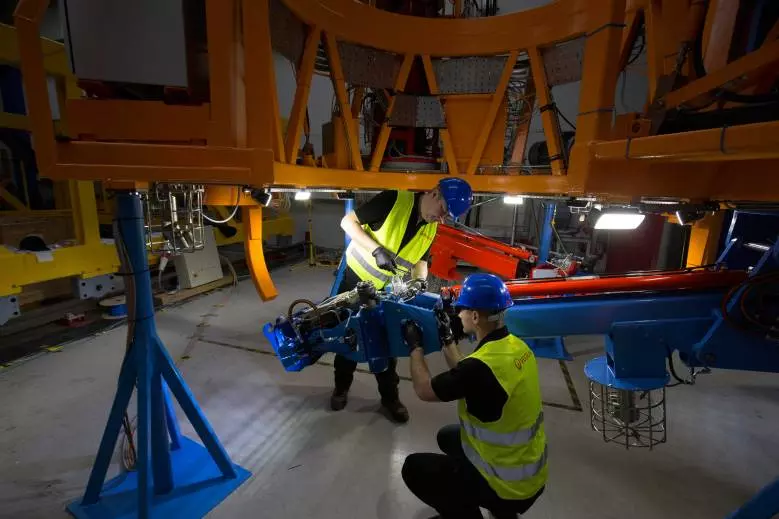
We dit it!
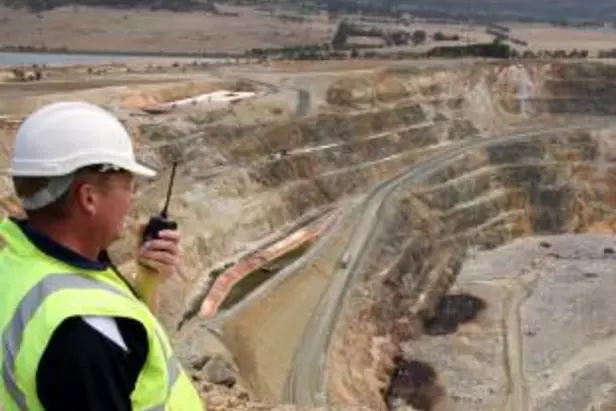
In 2018, we signed a partnership agreement with EDF, the leading producer and supplier of electricity in France and Europe. The aim? To jointly develop solutions for dismantling Uranium Natural Graphite Gas (UNGG) reactors. In 2019, we created Graphitech with EDF to meet the challenges of dismantling graphite technology nuclear reactors worldwide.
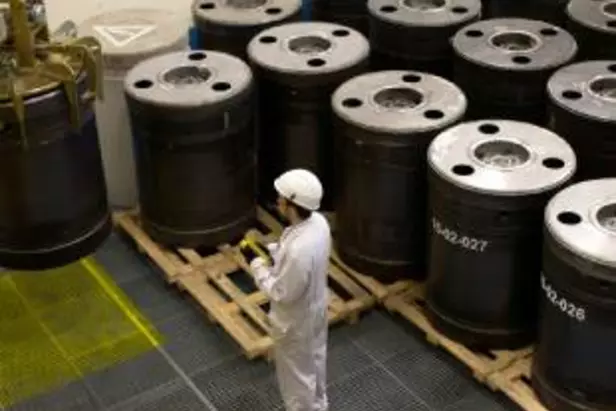
France
We have been working with the CEA, a key player in research, development and innovation in the French nuclear industry, since 2009, on contracts to dismantle facilities and manage nuclear waste at several sites. These include INB 35 in Saclay for the management of liquid radioactive effluent, INB 72, also in Saclay, for the management of solid irradiated waste, and the Centre de regroupement des déchets de très faible activité (CRETFA) in Marcoule.
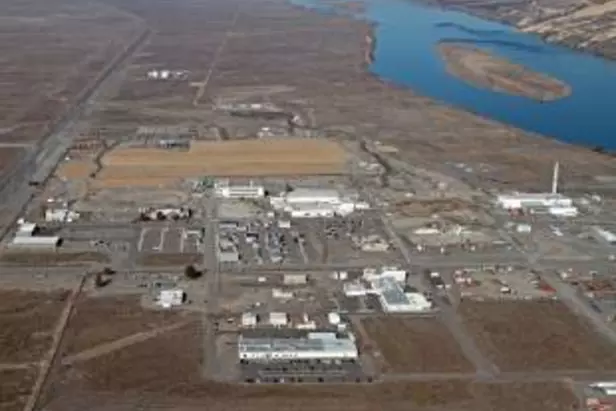
United States of America
At the World War II Hanford Site in the United States, millions of gallons of radioactive waste from plutonium production have been stored in 177 underground tanks. We are helping the DoE manage this waste and are involved in demolishing and decontaminating the Plutonium Finishing Plant (PFP).
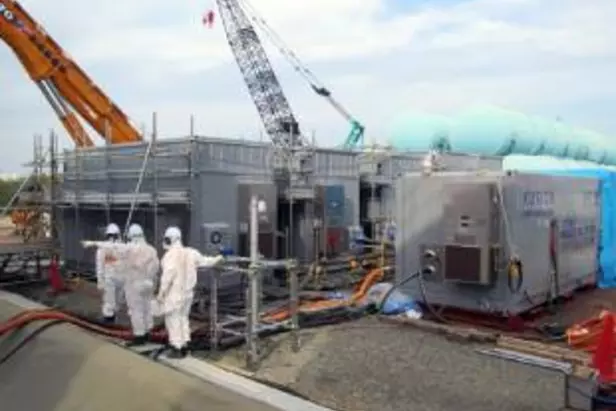
Japan
In 2014, we implemented our Fukushima Inspection Manipulator (FIM): its mission was to inspect ventilation tubes and suppression chambers in a challenging environment containing water, high radiation and damaged infrastructure.
In 2016, we implemented our Fukushima Repair Manipulator (FRM) to repair leaks identified by FIM. In particular, FRM is capable of accessing the reactor's primary containment and ventilation tubes outside the reactor vessel and installing seals to prevent further leaks.
In 2021, we delivered Boom, a remotely operated articulated system that will be used to inspect the second reactor unit. When fully extended, this long arm is capable of reaching up to 20 meters away to assist with inspection in the primary containment. By locating fuel or debris, it will provide essential information. This system will be the first to be able to fully inspect the damaged reactor.


